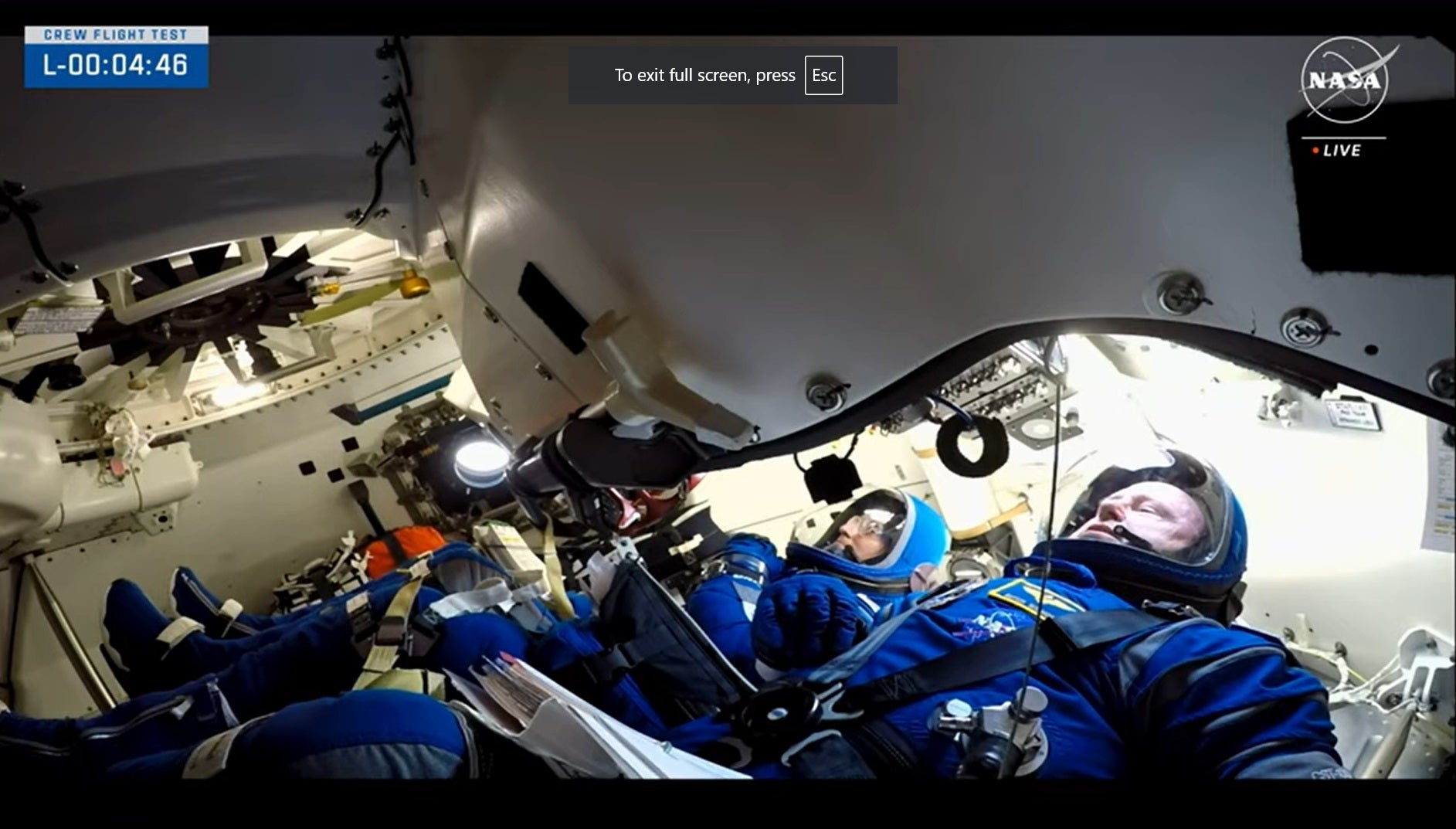Steve R.
Retired
- Local time
- Today, 09:48
- Joined
- Jul 5, 2006
- Messages
- 5,439

Astronauts to remain on ISS as NASA delays Boeing Starliner's return to Earth after helium leaks
NASA teams are analyzing Boeing Starliner data after the spacecraft experienced three helium leaks and thruster failures during its docking with the ISS.
My basic assumption with this thread, is that Boeing (as an existing aerospace) should have been one of the first companies to have put into service, by now, a next generation replacement space shuttle of some form. They haven't. In fact, it appears (based on the casual reading of headlines) that they are "failing". In fact, it appears that Boeing's bread and butter aircraft business is also under a lot of quality control issues. After a string of safety issues, Boeing is about to release a plan to fix its quality problems.
My question, why does it appear that Boeing's Starliner is failing when compared to other programs, such as Musk's SpaceX program?
My anecdotal observation is that Boeing, as a very large old bureaucratic company, has simply lost the innovative spark to implement a radically new product. This gets into the theory of how companies evolve. They start off by being innovative and challenging the status quo. As they get older and bigger, that innovation spark dissipates as they become the status quo and more concerned with issues such as market share, patent protections and revenues. (Lawyers and accountants essentially paralyzing the company).
Is that what has happened to Boeing's Starliner program?



